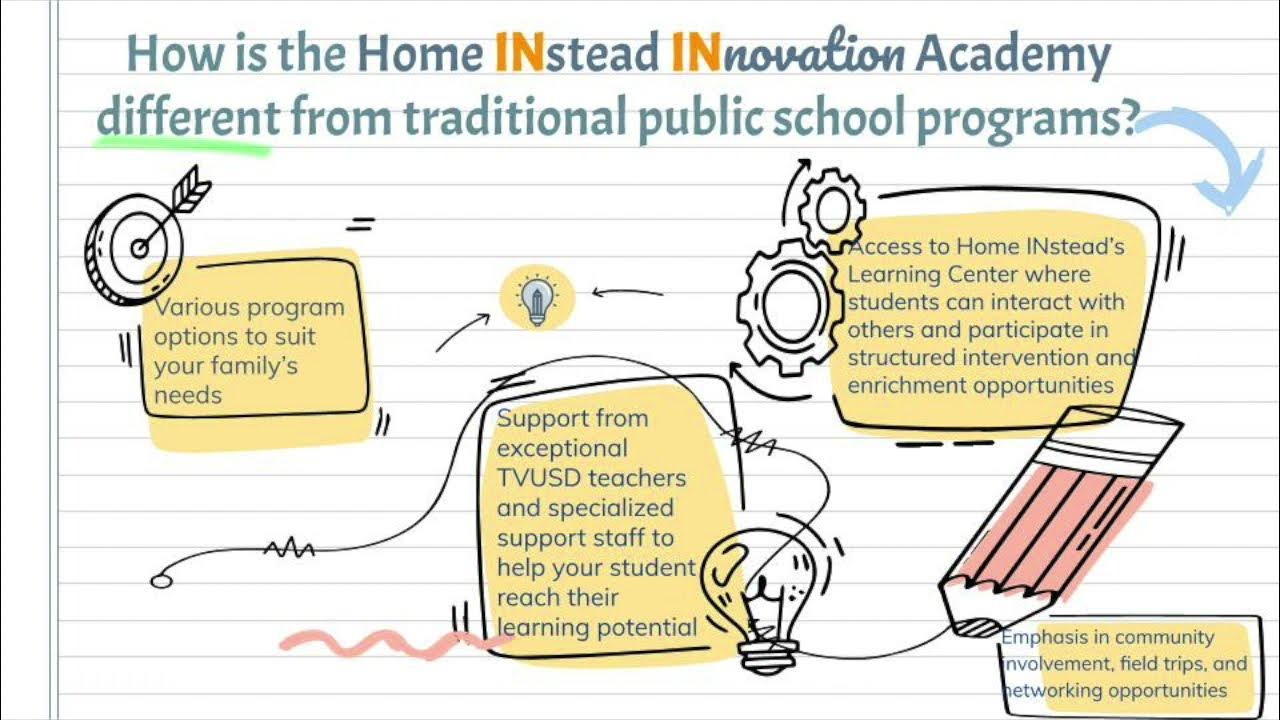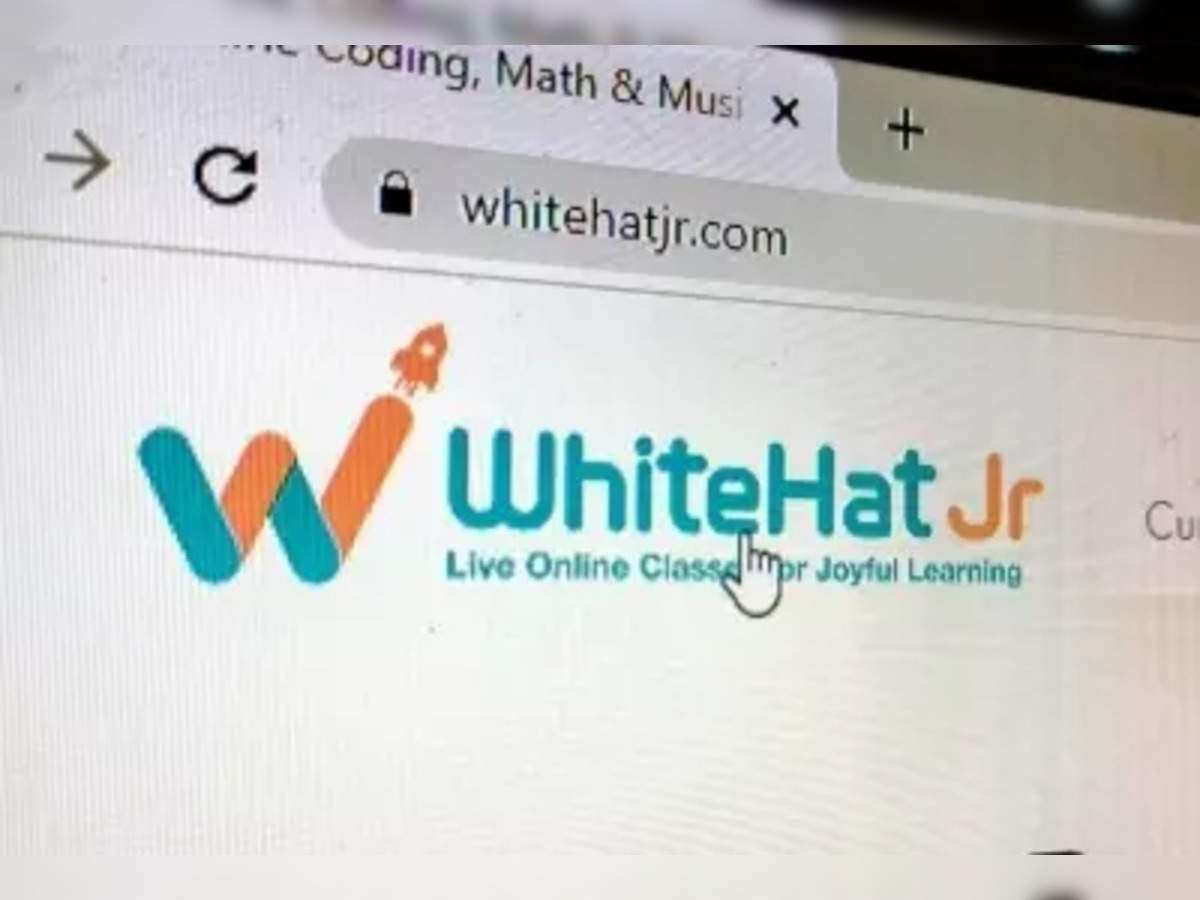Cooperative Learning Paths: Home Schooling Options

Navigating Educational Collaboration: Exploring Home Schooling Co-Op Options
Embarking on the journey of home schooling often involves seeking collaborative learning environments. Home Schooling Co-Ops (Cooperative Learning Groups) emerge as compelling options, offering families the benefits of shared resources, diverse expertise, and a sense of community in the pursuit of quality education.
Defining Home Schooling Co-Ops: A Collaborative Framework
Home Schooling Co-Ops, or Cooperative Learning Groups, are collaborative frameworks where families come together to share educational responsibilities. These groups typically consist of parents taking turns teaching or overseeing certain subjects, creating a collaborative and dynamic learning environment for students.
Shared Resources: A Collective Educational Wealth
One of the primary advantages of Home Schooling Co-Ops is the pooling of resources. Families within the co-op share textbooks, educational materials, and sometimes even specialized equipment. This collective approach not only reduces the financial burden on individual families but also provides students with access to a broader range of educational tools.
Subject Specialization and Expertise: Tapping into Diverse Skills
Home Schooling Co-Ops allow families to tap into a pool of diverse skills and expertise. Parents within the co-op often have specialized knowledge in certain subjects, enabling students to benefit from a range of teaching styles and perspectives. This subject specialization adds depth to the educational experience.
Flexible Scheduling: Adapting to Individual Needs
Flexibility in scheduling is a hallmark of Home Schooling Co-Ops. Families can coordinate and customize their schedules to accommodate individual needs and preferences. This adaptability is particularly beneficial for families with varying daily routines or students who thrive in non-traditional learning hours.
Social Interaction: Fostering Peer Relationships
A common concern in home schooling is the potential for social isolation. Home Schooling Co-Ops address this by providing opportunities for social interaction. Students within the co-op can engage in group activities, collaborative projects, and extracurricular events, fostering peer relationships and a sense of community.
Shared Teaching Responsibilities: Lightening the Load
Home Schooling Co-Ops operate on the principle of shared teaching responsibilities. Parents take turns leading lessons or supervising activities, distributing the workload among co-op members. This shared approach not only eases the burden on individual families but also allows parents to leverage their strengths in specific subjects.
Enriched Extracurricular Activities: Beyond the Classroom
Home Schooling Co-Ops often extend their offerings beyond traditional academic subjects. Co-op members can organize and participate in enriched extracurricular activities such as field trips, guest lectures, and workshops. These activities provide students with a holistic learning experience, complementing the academic curriculum.
Customized Learning Plans: Tailoring Education to Individuals
Within a Home Schooling Co-Op, the ability to tailor education to individual needs is a significant advantage. Students can have personalized learning plans that cater to their strengths, weaknesses, and learning styles. This customization contributes to a more effective and engaging educational experience.
Home Schooling Co-Op Options Discussion
To delve deeper into the world of Home Schooling Co-Ops, share experiences, and explore new co-op options, join the discussion at Home Schooling Co-Op Options. This platform serves as a collaborative space for families



/https://static.texastribune.org/media/files/10bca4d5e8d1e9cbd67c8080f279afae/1014%20Hmschool%20League%20City%20AM%2001.jpg)






